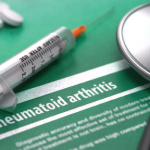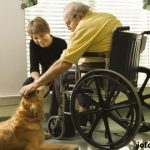If you’re a middle-aged woman who makes a New Year’s resolution to work out regularly and you keep that promise for only six months, don’t think that will go far in protecting your joints. Researchers in Australia have homed in on the details of the sustained physical activity required to reduce the risk of joint…






